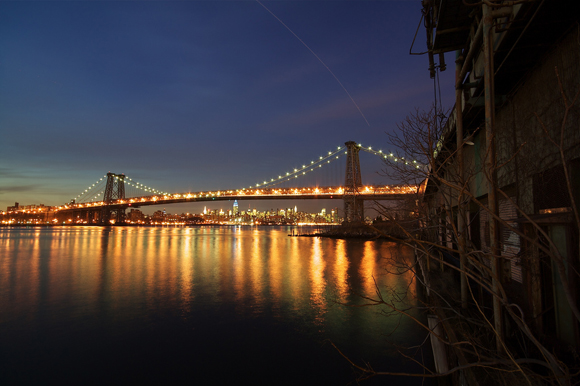
What do developers do when their condominiums remain vacant? They turn them into luxury rentals, of course. At least, that’s what developers across the country decided to do during the recession. When the recession hit, foreclosure was one of the most feared words, leading to a hike in the number of people choosing to rent, which triggered higher monthly rents.
Now, the Wall Street Journal reports, landlords are moving in the other direction, converting their rentals into condos, indicating recovery in the sales market. Tenants are even going out of their way to ask landlords if they can buy their apartments.
When the real estate bubble was expanding in 2005, 152,206 apartments were converted from rentals to condos. Though last year’s 2,080 conversions of the same manner aren’t even close to that scale, it’s certainly a sign of things to come, marking the highest number of rental-to-sale conversions since 2008. In the boom days, developers tended to buy apartment buildings and convert them to condos. Now, most of the apartments being converted from rentals were always meant to be condos in the first place.
New York Real Estate, however, is a unique animal. Condo conversions are prevalent throughout Manhattan, but Brooklyn, on the other hand, shows no signs of slowing down in the rental game. Brooklyn currently has 15,300 new rental apartments either planned or under construction for the next two years, while only 1,700 condos are planned during the same time.
The market reports show that Brooklyn rents continue to increase at an unprecedented rate, giving developers plenty of reason to get into the scene as soon as possible.
"When you're building in an emerging neighborhood and you do a condo project, you're sort of capturing your return on that project at a certain point in time," Alison Novak, vice president of Hudson Cos., told Crain’s. "With a rental project, when the costs of rental go up, it will pay off to have that long-term rental income stream as opposed to doing a condo next year, and the neighborhood changes and we say 'Too bad we didn't do that project two years later."





